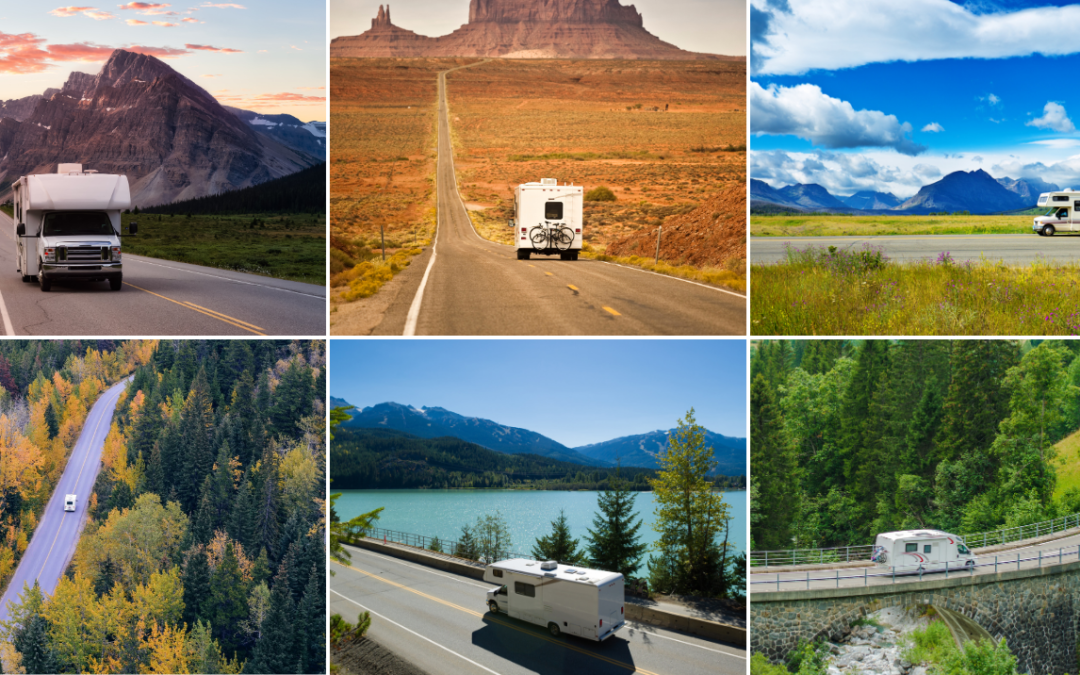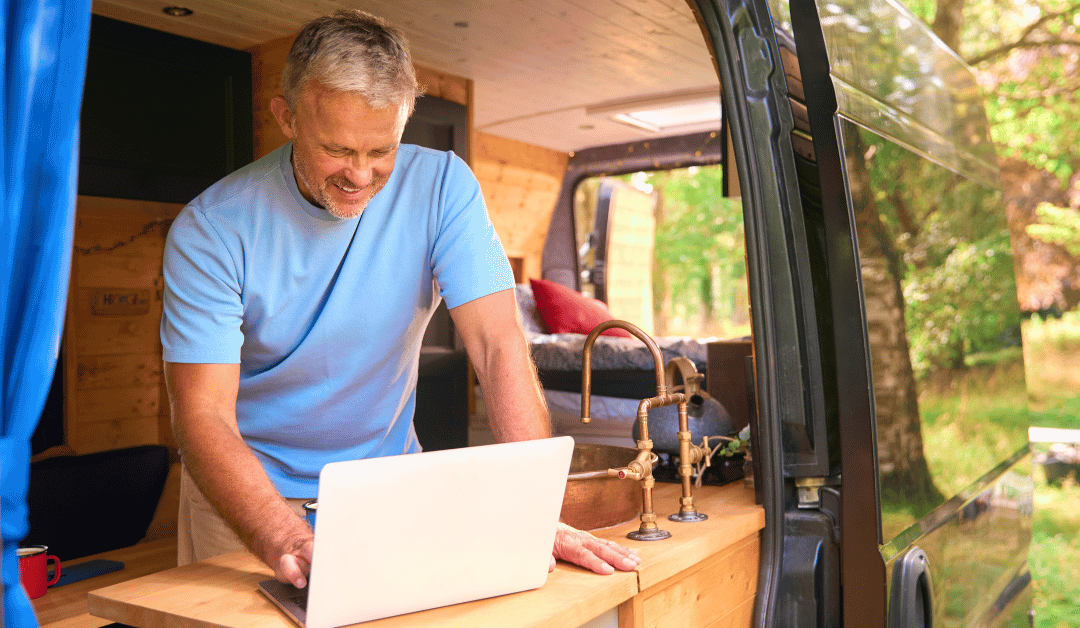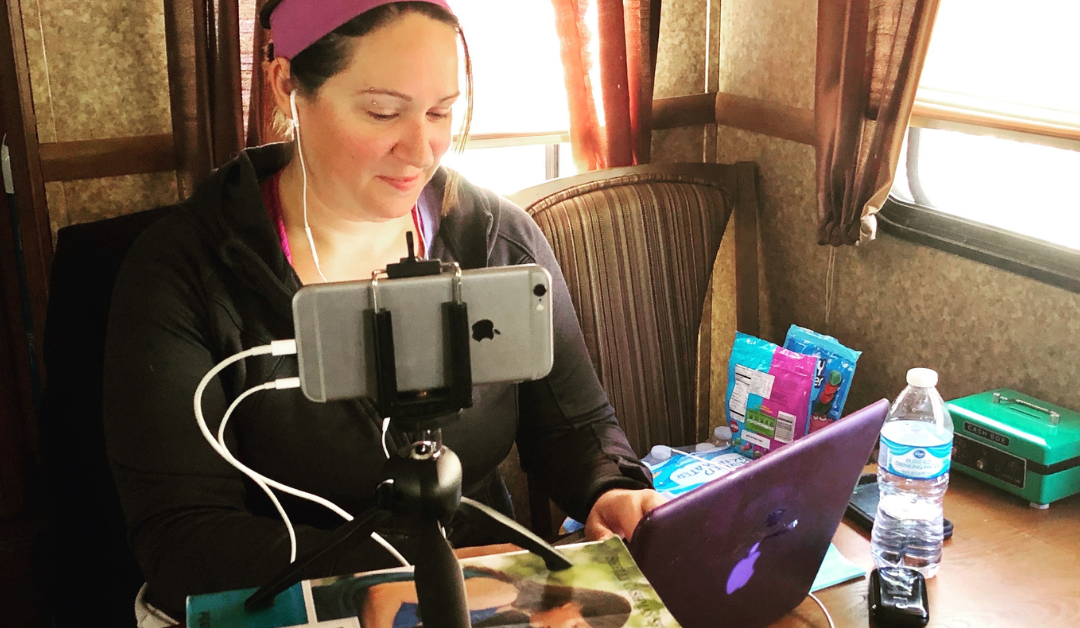
Part 3: Why Working RVers are the Best Hire for Remote Jobs – Thought Diversity & Location Diversity
by Lezlie Garr | Feb 1, 2024 | Uncategorised
Diversity has recently taken a front seat as a business consideration across numerous industries worldwide.
It’s no secret that diversity breeds innovation.
Turns out, it also breeds profitability.
According to Inc.com, “A 2020 McKinsey study tracked six years of data and found that more ethnically and culturally diverse businesses are as much as 36% more profitable than the least diverse companies.”
The same Inc.com article quotes Miriam Lewis, chief inclusion officer for Principal as saying,
“Diverse companies with inclusive cultures outperform more homogenous companies. Revenue, market share, smarter teams, retention–there’s just no lack of evidence.
“While it’s always the right thing to do to have equity in our organizations, it’s also the profitable thing to do.”
Which makes sense, because innovative solutions become unique differentiators that can help elevate a business from its competitors.
The common types of diversity include:
- Ability diversity
- Age diversity
- Cultural diversity
- Linguistic diversity
- Racial diversity
- Sex / Gender diversity
- Sexual orientation diversity
But like many social concepts, the idea of diversity is always growing and expanding.
Nomadic workers are the next step in expanding diversity
People who travel often are shown to offer more varying perspectives than people who don’t.
The term digital nomad was popularized in 1997 by Tsugio Makimoto and David Manners in their book, The Digital Nomad.
This fairly new concept stands to be the latest expansion of diversity.
Nomadic workers, digital nomads, and working RVers are able to bring a diversity of experience and a diversity of thought that is virtually unmatched by any other segment of the population.
If a major benefit of diversification is bringing in widely varying perspectives and experiences, that’s exactly what nomadic workers, digital nomads, and working RVers offer.
This geographically dispersed and constantly moving population better understands various local regions, people, cultures, and markets.
- What’s transportation like in Chicago vs. Kansas?
- What’s the grid like in Texas vs. Washington?
- What’s the music scene like in Austin vs. Seattle?
Anyone who’s spent time traveling away from home can tell you that people, cultures, and societal norms differ across different parts of the country.
Which makes sense, because the environment around us is part of what makes up our background and contributes to who we are. And that environment changes drastically in different parts of the country.
Environmental factors include societal views, types of jobs in that area, typical classroom makeup in local schools, whether it’s city, suburb, or rural – and all of these things contribute to who we are and the knowledge base we bring into our work.
Working RVers, digital nomads, and other nomadic workers bring a LOT of value to companies through their widely varying perspectives and experiences from traveling across the country.
*Written with contributions from Xscapers member Jason Boone.
Part 3: Why Working RVers are the Best Hire for Remote Jobs – Diversity was originally published on the RVer Job Exchange, authored by Lezlie Garr.


